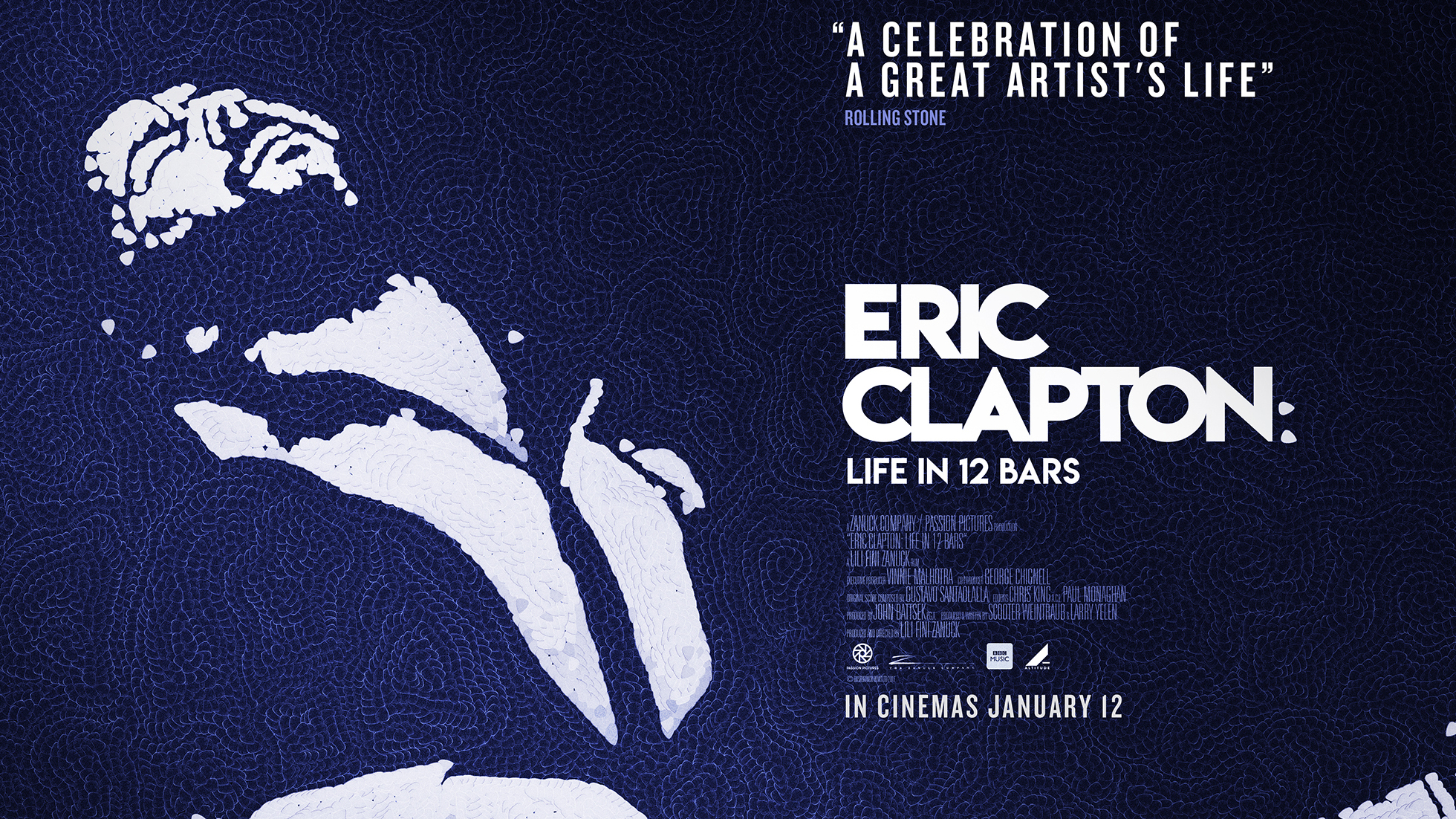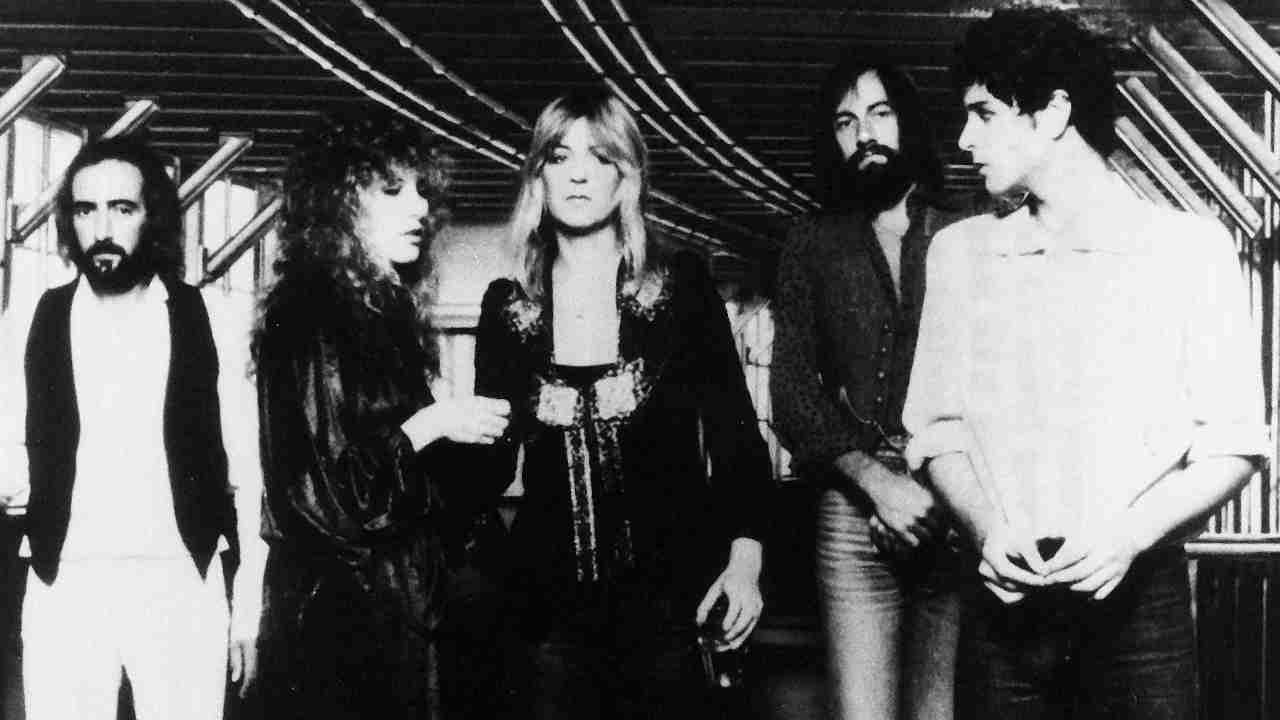You can trust Louder
This two-hours-plus documentary starts with Clapton whispering directly to camera, extolling the virtues of BB King, one of many black blues legends that fired his enthusiasm for the guitar. It’s hardly a revelation. And there’s the rub for director Lili Fini Zanuck, whose previous film Rush (1991) was scored by EC. All the source material is so well known that Life In 12 Bars feels like Clapton’s The Autobiography (Century, 2007), with intriguing archival footage of the Swinging Sixties and home movies shot at his Hurtwood Edge Surrey spread forcolour.
The first half is the most compelling as we’re reminded how his mother deserted him, leaving him in the care of grandparents. Understandable bitterness and an inferiority complex ensued but eventually made Clapton stronger. He saw himself as “one man with his guitar against the world”.
There’s a whistle-stop tour through his early groups: The Yardbirds, John Mayall, Cream, Blind Faith, Derek And The Dominos, but not Delaney & Bonnie. One gets the impression of a restless spirit who doesn’t hang around.
Clapton admits he struggled to forge relationships with women – one girlfriend recalls how he conducted conversations by answering questions with guitar licks. He was happier in the company of male musicians and counted Jimi Hendrix and Duane Allman as peers.
It’s a credit to the film that it doesn’t shy away from his messy drug and drink disintegration with the Dominos’ willing accomplices. During the making of George Harrison’s All Things Must Pass, one acquaintance recalls the band surrounded by vast bags of cocaine, with LSD, mescaline, Mandrax and heroin on tap. Clapton fell in love with the Persian powder – like “pink cotton wool” was how he felt – and harboured suicidal thoughts: “Except that if I die, I won’t be able to take any more.”
Eventually he faced his own crossroads, but his solo career is quickly dismissed, partly because “I can hear how drunk I was on those records”.
Yet this idol with feet of clay faced real tragedy when his young son Conor fell to his death in New York. That awful episode and the catharsis of Tears In Heaven are the film’s most poignant moment, almost making one forgive the howling error of attributing a Harrison sound bite to Paul McCartney and misspelling Ahmet Ertegun’s surname.
Sign up below to get the latest from Classic Rock, plus exclusive special offers, direct to your inbox!
Altogether it’s a bit of a strange brew.
Max Bell worked for the NME during the golden 70s era before running up and down London’s Fleet Street for The Times and all the other hot-metal dailies. A long stint at the Standard and mags like The Face and GQ kept him honest. Later, Record Collector and Classic Rock called.


